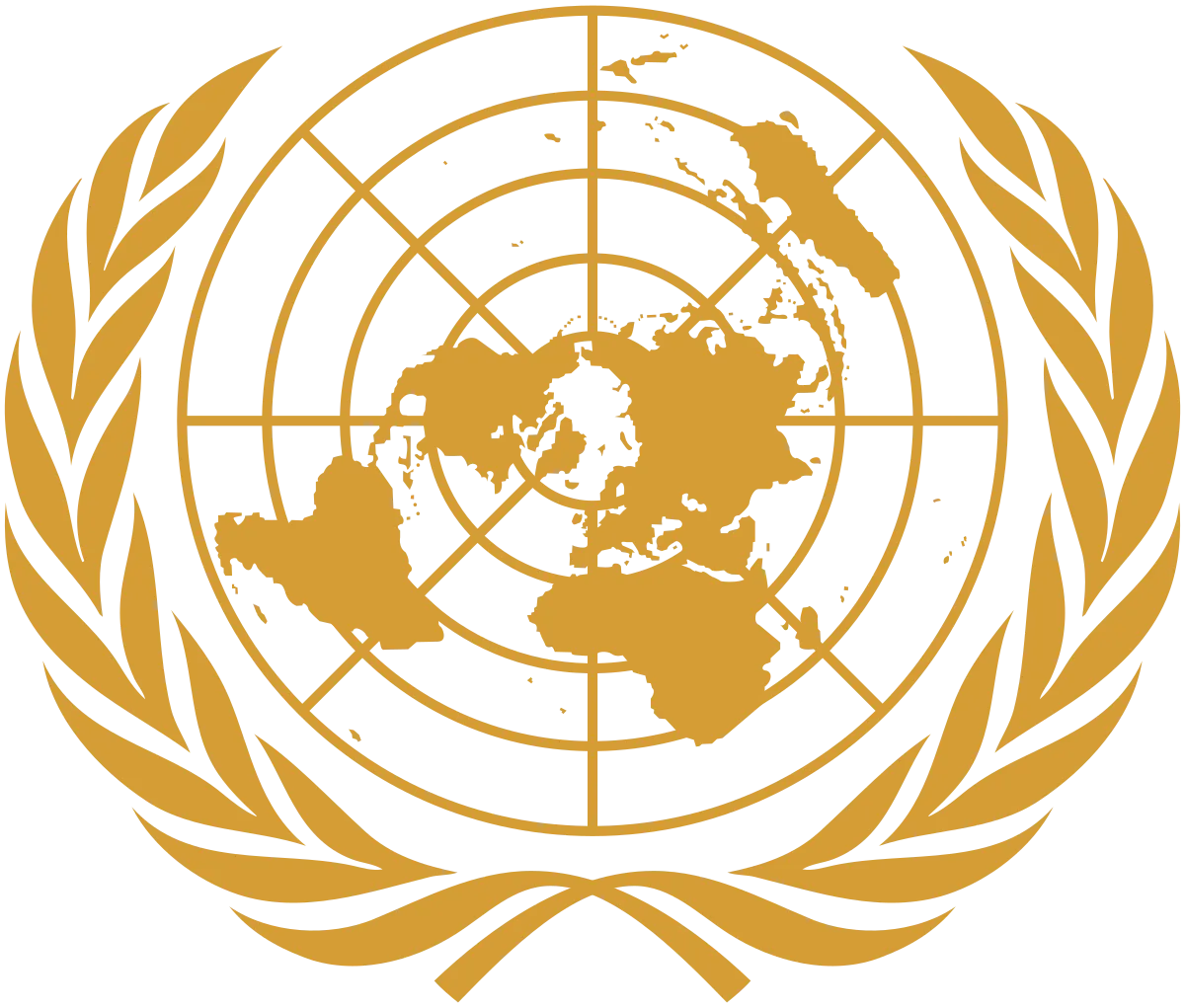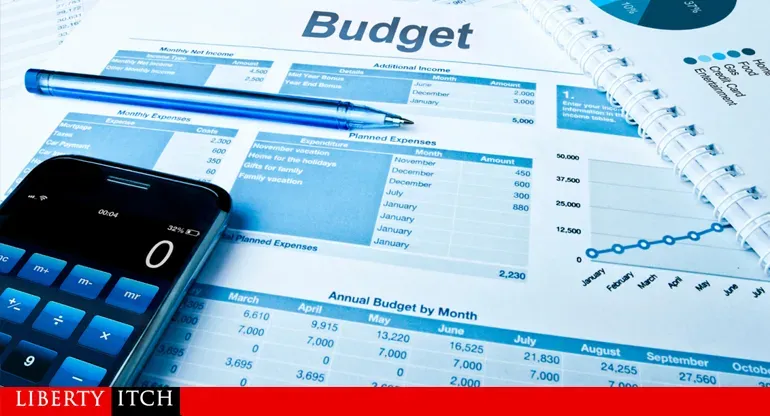Table of Contents
In brief
- Agenda 2030 is the UN framework of 17 “sustainable development goals” (SDGs) supposedly aimed at saving the planet by 2030.
- Many are suspicious SDGs are a ploy to bring in socialism and a restriction on freedoms.
- The MSM have been largely silent on how domestic policies have been directly influenced by the SDGs.
Sustainable development goals
From 15 minute cities to global population reduction, there have been many conspiracy theories and a lot of misinformation about the United Nations’ Agenda 2030 programme. What is it all about?
The United Nations Agenda 2030 is a framework of 17 “sustainable development goals” (SDGs). They are offered as an outline to eradicate world poverty, promote inclusivity and sustainability, and combat climate change (amongst other lofty goals) by 2030.
The SDGs were adopted by the UN Member States in 2015 to replace its forerunner, Agenda 21. In 2019, a Memorandum of Understanding over cooperation and implementation of the SDGs was reached between the UN and the World Economic Forum (WEF). Just why a private organisation, that seems to represent large businesses, should be involved in any agreements with the UN is unclear. That will be the subject of a future article.
Why is Agenda 2023 controversial?
Proponents of Agenda 2030 SDGs, such as former Prime Minister Helen Clark and the WEF’s Klaus Shwab, say urgent action is needed to save humanity, and the planet, from destruction. Meanwhile, many people are suspicious that the SDGs are a ruse to usher in socialism, curb freedoms including speech, and restrict consumption.
The recent “Abandon Agenda 2030 protest in Wellington was aimed at the United Nations Association of New Zealand (UNA-NZ) conference. Conference organisers say the UNA-NZ has been falsely linked to BlackRock and the WEF by conspiracy theorists. Their conference, which had former Director General of Health Dr Sir Ashley Bloomfield as a keynote speaker, was moved online because organisers claimed safety concerns.
Is the MSM getting it right about Agenda 2030’s SDGs?
SDGs are to be implemented voluntarily and are non-binding. While that may be technically correct, the process is not transparent and so raises more suspicions.
Dr Muriel Newman of the New Zealand Centre for Policy Research writes:
“It’s an issue that is now dividing nations. But the difference between New Zealand and most other counties is that here, there is no open debate. We are being transformed into a socialist state, but without full disclosure by the politicians driving this radical change.”
Newman writes that former Prime Minister Jacinda Ardern told a private gathering hosted by Bill and Melinda Gates in New York in 2019, that New Zealand had “incorporated the principles of the 2030 Agenda into our domestic policy-making in a way that we hope will drive system-level actions”.
The 2017 power sharing agreement with the Green Party also included a commitment to the 17 SDGs.
Independent data indeed suggests that most Kiwis are unaware of “a cohesive strategy and framework developed by government for the implementation of the SDGs”.
Indicators Aotearoa New Zealand, the Living Standards Framework and the Wellbeing Budget are all direct examples of how the SDGs have been incorporated into this Government’s domestic policies.
“The mainstream media doesn’t appear to have made much of Jacinda Ardern’s commitment to Agenda 2030, but that’s not surprising given their lack of balance,” says Newman.







